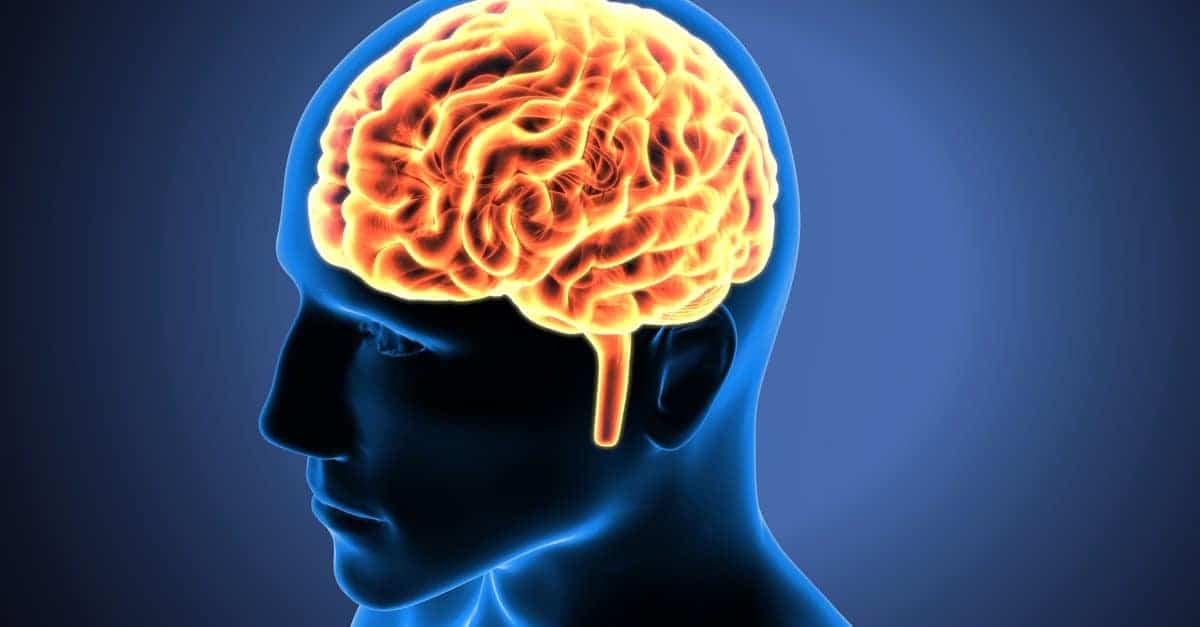When anyone finds out a new couple is expecting a baby, the first question is always whether it’s a boy or a girl. Most expectant parents will reply they just want a healthy baby. That’s what we all wish for each other – good health. But life doesn’t always work this way and we are given constant challenges and obstacles to overcome.
Children are no exception and they face many adversities too. Some must face leukemia, brain tumors, diabetes,Treacher-Collins syndrome, and many other disabilities. But it isn’t always a negative diagnosis, especially if caught early enough and with the right treatment.
Much like those with Autism Spectrum Disorder, which encompasses different levels of Autism (there were previously five forms defined by the Diagnostic and Statistical Manual of Mental Disorders (DSM-IV) – Autistic disorder, Asperger’s syndrome, Rett syndrome, Childhood Disintegrative Disorder, and Pervasive Development Disorder Not Otherwise Specified).
What is the Autism Spectrum and Asperger’s Syndrome?
Autism, or Autism Spectrum Disorder (ASD), according to Autism Speaks, refers to a broad range of conditions characterized by challenges with social skills, repetitive behaviors, speech, and nonverbal communication. Aspergers Syndrome is a type of ASD, and the symptoms have officially been included in ASD, where they were once separate conditions.
In simple terms, these conditions can cause a delay in basic skills. Notably, these include socializing with others, working as a team, communicating and expressing feelings, and using their imaginations. Those who have Asperger’s typically have a normal or high IQ. They can usually cope in regular classrooms; however, some need special educational services. Furthermore, it can be challenging to understand those with Asperger’s.
Like any child, they long for friendship. However, it can be difficult for them to find that social connection. This is where it can be hard for them, as they are frequently teased and bullied. Having said this, they are prone to anxiety, depression, and mood disorders.
By understanding and learning the subtle signs your child may be on the Autism spectrum, you will be able to provide them with the support they need to thrive as they grow up. Furthermore, it is an opportunity to educate your children and teach them to be kind and patient towards others.
1. Social Skills

©Yavdat/Shutterstock.com
Those who are on the spectrum may struggle with social skills. They tend to have difficulty understanding facial expressions and maintaining eye contact. This can make them feel awkward and distant from others.
Some children tend to play alone or have one particular friend. In addition, some children also do not respond to their names when being called and may seem as if they are ignoring you. They may also appear to not understand simple directions or questions.
2. Communication Skills

©Fuller Photography/Shutterstock.com
Furthermore, those on the spectrum may have difficulty understanding gestures, tone of voice, body language, and responding to natural conversations. This can also affect their speech where they have a robotic or monotone voice. They may also struggle to understand humor and sarcasm.
3. Repetitive Behavior and Change

©Gatot Adri/Shutterstock.com
Those who have Autism Spectrum Disorder tend to feel uncomfortable with change. A switch in daily routines and activities can be disruptive. When feeling uncomfortable, they may demonstrate physical repetitive behavior such as spinning, hand flapping, biting, or rocking.
4. Eating Patterns

©pavla/Shutterstock.com
Some children may be quite picky when eating and drinking. They may only want to eat and drink the same type of food each day and are not willing to try something new because they are comfortable with what they know. They may also not eat foods with a certain texture. This is a sign to look out for because it is important to make sure that your child has a healthy, balanced diet.
5. Brain Development

©Life science/Shutterstock.com
Regardless of whether those with ASD have communication and social challenges, they do have loving and caring personalities but may battle with empathy. Furthermore, they often exhibit average or above-average intelligence and have specific strengths in logic, memory, and problem-solving abilities.
However, as previously mentioned, they may have difficulty expressing their feelings and understanding others’ emotions.
6. Genetics and Family

Asperger’s syndrome has been identified as part of the autism spectrum disorder, and hereditary factors play an important role in the onset of this condition. Research suggests that both parents can carry the gene, and many genes may contribute to the development of the syndrome.
Another factor is that babies who are born before 26 weeks are at a greater risk of getting Asperger’s. There may also be a connection between children born to older parents; however, more research is needed.
7. Environmental Factors

©Vivvi Smak/Shutterstock.com
In addition to genetic factors, certain environmental factors can also affect the development of Asperger’s. These can include complications during pregnancy or birth, drugs, alcohol, and even pesticides.
8. Sensory Issues

©Zdan Ivan/Shutterstock.com
Children with Aspergers may have sensory issues. They may feel uncomfortable when touched or sensitive to bright lights and loud noises.
9. Poor Coordination

©Studio Romantic/Shutterstock.com
Another sign your child may have Autism Spectrum Disorder is a lack of coordination; they often seem stiff and clumsy. They could also drop items, trip, and fall.
10. Limited Interests

©Happy Moments/Shutterstock.com
Finally, children with Autism Spectrum Disorder have a limited imagination; they don’t play make-believe games and tend to focus on one topic that interests them. This may appear obsessive and strange to others. If you notice any of these signs, do not hesitate to speak to your doctor.
The image featured at the top of this post is ©Gatot Adri/Shutterstock.com.
